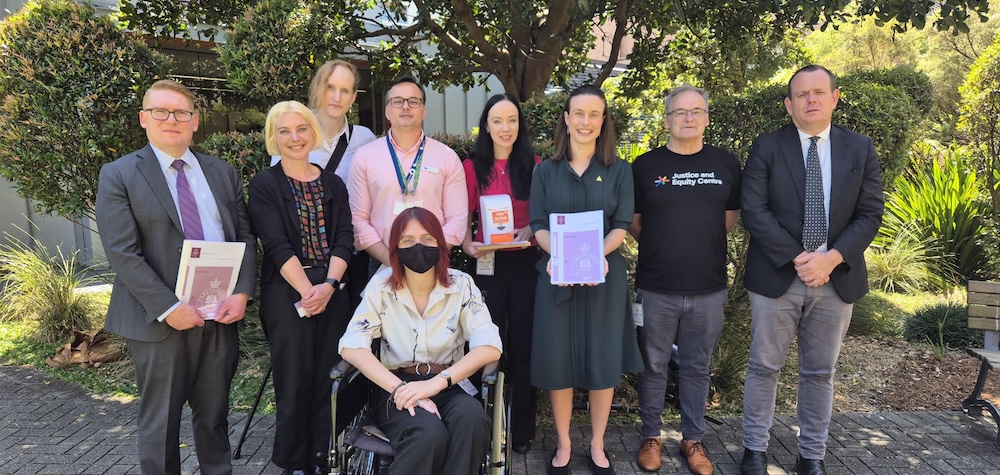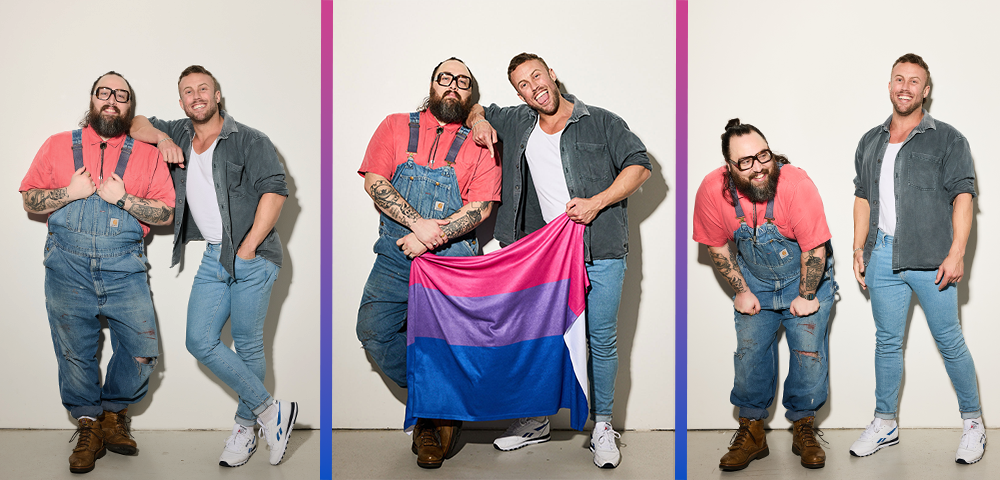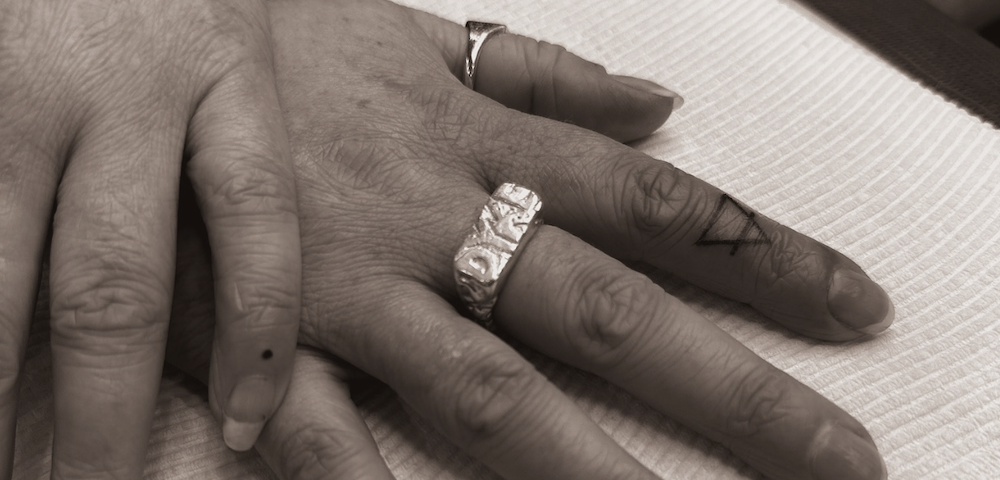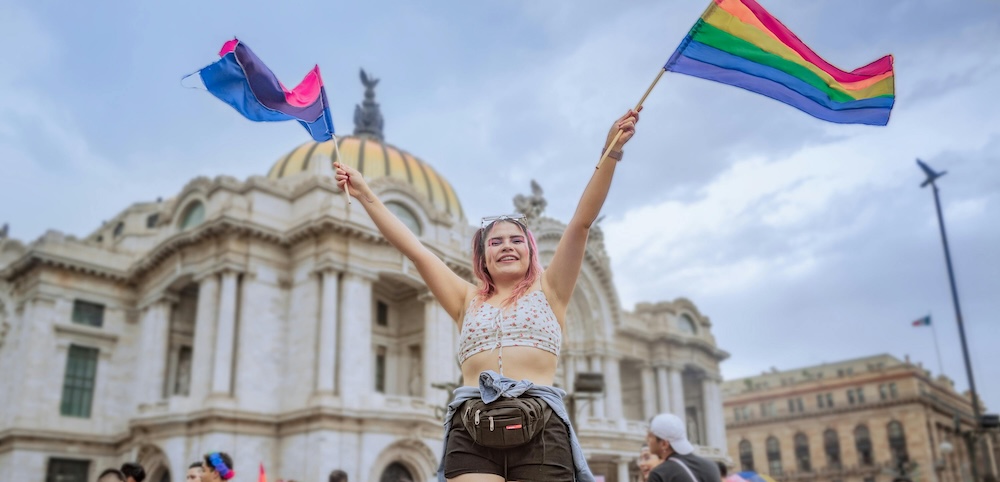

PURSUING marriage equality is frustrating, slow and actually quite boring.
It is an issue that should have been resolved by now.
Progressively more and more people are getting on board in support of it, joining the majority of Australians. There is an increased recognition that when we are all equal, everyone benefits.
Over the past year there have been more business leaders and companies themselves publicly stating their support of both marriage and LGBT equality. Combined with realising where society is with this issue and a concerted effort by lobby group Australian Marriage Equality, more economic heavy-hitters have made positive public pronouncements.
Former David Jones chief executives Paul Zahra recently reaffirmed his commitment, Qantas chief executive Alan Joyce has similar views.
However, this isn’t just an issue for LGBT people. Luke Sayers of PricewaterhouseCoopers, the Reserve Bank’s Heather Ridout, Football Federation Australia’s David Gallop and the world’s largest miner BHP Billiton also have a strong record and policy supporting marriage equality.
Ideally, this support actually shouldn’t be necessary.
While Alan Joyce is the only CEO of a top-200 company who is openly gay, scratching below the surface there are quite a few LGBT business leaders. There are more than most people realise, and they direct and manage significant and large operations.
They are neither seen nor heard. And if they are, it usually isn’t about being gay. You could say that they are normalising homosexuality in leadership.
I do not think it is beholden to corporate businesses to actively advocate or speak-up on LGBT issues, unless it directly relates to their operation. First and foremost this is a socio-political and human rights issue. As much as I love data and economics, I do not think its place is here.
However, given that successive parliaments and politicians have failed to act in society’s best interests, there is a role for corporate Australia to play.
The weight and influence of major corporate companies in Australia cannot be understated, and especially not under the Tony Abbott or NSW’s Mike Baird governments. Putting aside whatever views one might have on that as its own issue, when it comes to marriage equality most senior-level people in business I speak to want it dealt with.
Some actively send me articles on the issue, others raise it openly and some have mentioned their support to the Liberal Party.
But this “coming out” in support of marriage equality is a new thing.
It is only with the effort in the past year that business has, somewhat voluntarily, come out.
Business has failed to consider their voice on LGBT issues for a long time. This has hurt their standing as brands and employers in our community. But it didn’t take Nostradamus to realise that this was going to be a national public policy issue for over a decade.
So, where was corporate Australia before this?
It is a question worth considering, because in other fields the corporate world has led the change over government – take women’s or Asian employment and promotion, for example.
There is somewhat of an expectation now in place that battles are coming to an end. Community and business circles are now looking to government to get on with the legislation.
However, it would have been nice if government took heed of what the public wanted without the weight of corporate support.
Conrad Liveris is an advocate, adviser and researcher on the politics and economics of gender and generations. He tweets at@ConradLiveris.










Understand Conrad’s frustration but major social changes need coalitions of support to succeed. Getting business involved, whether that’s Gay/Lesbian Leaders or supporters seems like a complete no brainer. You can be grumpy or you can say welcome aboard!
It’s one thing to say from an ideological perspective that we shouldn’t need business support for equality, but the reality in our nation is we need all the support we can get!